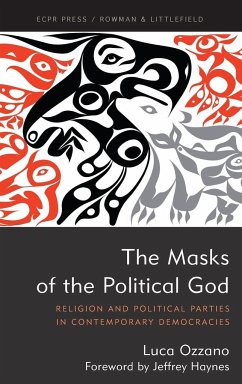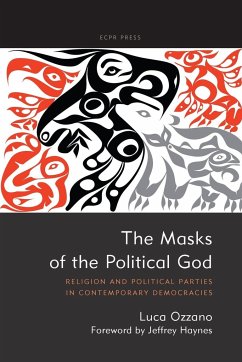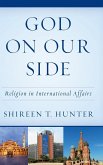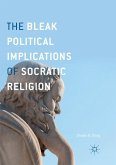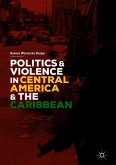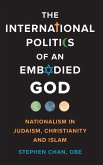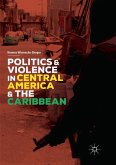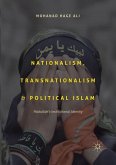The book analyses the influence of religion on political parties and party politics in contemporary democracies. To do so, it compares five cases of democracies belonging to different geographic-cultural areas, and marked by different religious majorities: India, Israel, Italy, Turkey, and the US. The time span of the analysis is the period between 1980 (year which can be conventionally regarded as a turning point for the return of religion in the public and the political spheres at the global level), and the present day. Unlike most works on religion and parties, this book does not simply take into account officially "religious" parties, but all "religiously oriented parties" (with an influence of religion on party manifestos, constituencies and/or factions) even if they are officially secular. The theoretical framework is provided by the "cleavages theory", which considers some relevant traumatic social events as the origin of specific kinds (or families) of political parties; and by a typology of religiously oriented parties dividing them into five categories: conservative, fundamentalist, progressive, nationalist, and camp party.
Hinweis: Dieser Artikel kann nur an eine deutsche Lieferadresse ausgeliefert werden.
Hinweis: Dieser Artikel kann nur an eine deutsche Lieferadresse ausgeliefert werden.

